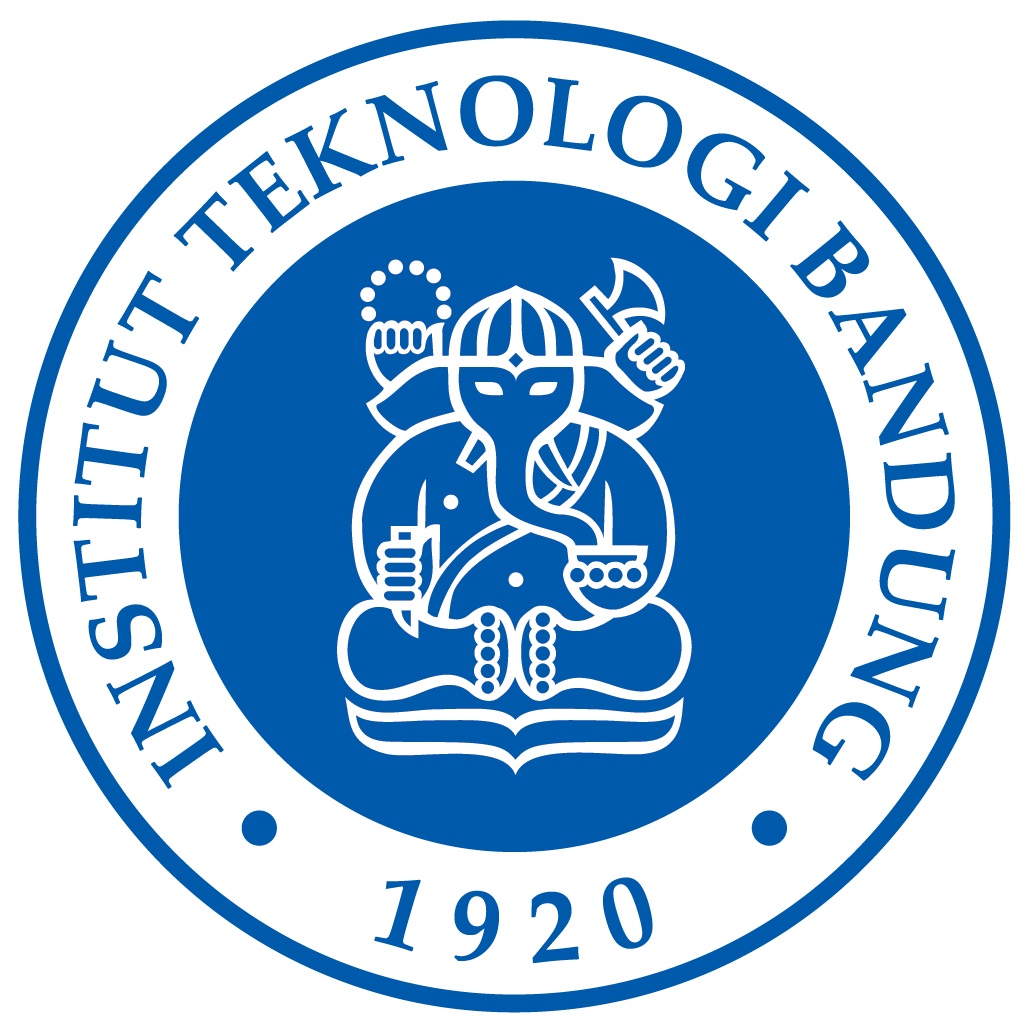

Kridanto Surendro
Indonesia, as a country with a rich culinary heritage, has high consumption of cooking oil, reaching 16.2 billion liters in 2019. This phenomenon reflects the central role of cooking oil in the consumption patterns of Indonesian society, especially in daily cooking activities. The high consumption of cooking oil will cause serious challenges related to used cooking oil waste. Due to the absorption of several components of the fried ingredients into the oil and the presence of water that can enter the oil during the frying process, the volume of used cooking oil waste can increase by around 10-20% of the initial oil volume. So that every liter of cooking oil used has the potential to produce between 1.1 to 1.2 liters of used cooking oil waste, creating significant waste potential.
The importance of managing used cooking oil waste is closely related to the negative impacts that can occur if this waste is not processed properly. Careless disposal of used cooking oil waste can result in environmental pollution, especially to water sources and soil, thereby disrupting the balance of decomposing microbes and disrupting the balance of the ecosystem. Used cooking oil that is thrown into waterways can cause blockages and damage to pipes, causing sanitation problems in the surrounding environment. In addition, used cooking oil that is exposed to heat or oxidized can produce toxic gases, such as smoke containing polycyclic aromatic hydrocarbon (PAH) compounds. All of this has the potential to increase health risks for the community.
Used cooking oil waste has the potential to be processed into value-added materials if managed properly, such as biodiesel and soap. Each liter of used cooking oil can produce around 0.9 to 0.95 liters of biodiesel, which can be used as a renewable energy source. Apart from that, around 150 grams of soap can be produced from 1 liter of used cooking oil. This waste recycling process not only provides economic benefits, but also supports efforts to reduce the use of new raw materials in production.
Even though there is great potential in processing used cooking oil waste, big challenges arise in the collection and processing process. namely in managing the supply chain of used cooking oil waste from various sources, including households and restaurants. Innovative solutions can be found through the use of technology, especially mobile applications that can facilitate and optimize this entire process. The use of mobile applications in efforts to collect and process used cooking oil waste is expected to make a significant contribution to increasing the efficiency and transparency of the process of collecting, recording and processing used cooking oil waste. This application can make it easier, speed up waste collection and integrate the supply chain more efficiently. Through this application, people can easily report their used cooking oil waste, monitor the location of collection points, and get rewards from the used cooking oil collected. This program also opens up new economic opportunities and supports energy sustainability efforts
Socialization and training to the community regarding processing of jelantan oil waste. Making a Mobile Application for managing used cooking oil waste by the community
"1. Community service activities carried out by KK Informatics 2. Socialization and implementation of activities to manage the environment well, by recycling used cooking oil waste"